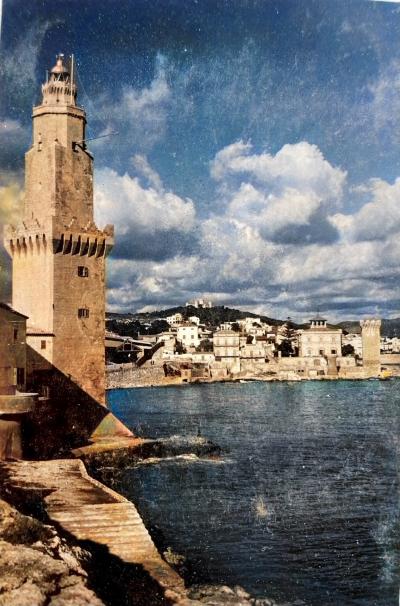How were astrology and astronomy taught in the universities of late medieval Mallorca?
Similar Topics
late medieval mallorca
astrology and astronomy
medieval universities
quadrivium curriculum
ptolemaic models
astrolabe usage
horoscopes interpretation
islamic astronomical texts
In the universities of late medieval Mallorca, astrology and astronomy were closely linked disciplines and often taught together as part of the broader curriculum in the liberal arts, particularly within the quadrivium, which included arithmetic, geometry, music, and astronomy. The instruction was largely grounded in the classical and Islamic astronomical texts that had been translated into Latin, reflecting Mallorca's position as a Mediterranean hub where knowledge from different cultures converged. Astronomy was approached as the mathematical study of the movements of celestial bodies, emphasizing observation, calculation, and the understanding of planetary cycles based on Ptolemaic models. Students learned to use tools like the astrolabe and various tables for predicting planetary positions, which were essential for both scientific and practical purposes.
Astrology, meanwhile, was taught as a practical application of astronomical knowledge, focusing on the influence the stars and planets were believed to exert on earthly events and human affairs. The curriculum included the interpretation of horoscopes and the creation of astrological charts, skills considered valuable for making decisions in medicine, agriculture, and politics. Professors often combined philosophical discussions about the cosmos with these applied techniques, maintaining a clear distinction between empirical observations and the predictive art of astrology, though the latter was widely accepted as a serious discipline at the time.
The teaching methods typically involved lectures, commentaries on authoritative texts, and hands-on practice with computational methods. Mallorca, with its proximity to scholarly centers in the Islamic world and Christian Europe, benefited from a rich tradition of scholarship that integrated multilingual manuscripts and diverse astronomical tables. This intellectual environment fostered a scholarly culture where students not only absorbed inherited knowledge but also contributed to the evolving dialogues about the cosmos. Therefore, late medieval Mallorca’s universities offered a distinctive blend of scientific inquiry and mystical tradition, reflecting the era’s broader medieval understanding of the universe.
Astrology, meanwhile, was taught as a practical application of astronomical knowledge, focusing on the influence the stars and planets were believed to exert on earthly events and human affairs. The curriculum included the interpretation of horoscopes and the creation of astrological charts, skills considered valuable for making decisions in medicine, agriculture, and politics. Professors often combined philosophical discussions about the cosmos with these applied techniques, maintaining a clear distinction between empirical observations and the predictive art of astrology, though the latter was widely accepted as a serious discipline at the time.
The teaching methods typically involved lectures, commentaries on authoritative texts, and hands-on practice with computational methods. Mallorca, with its proximity to scholarly centers in the Islamic world and Christian Europe, benefited from a rich tradition of scholarship that integrated multilingual manuscripts and diverse astronomical tables. This intellectual environment fostered a scholarly culture where students not only absorbed inherited knowledge but also contributed to the evolving dialogues about the cosmos. Therefore, late medieval Mallorca’s universities offered a distinctive blend of scientific inquiry and mystical tradition, reflecting the era’s broader medieval understanding of the universe.
🧩 Related Questions
Related Question
Are there designated areas where hunting is prohibited to protect endangered species in Mallorca?
Related Question
How do extreme weather events affect the natural environment and local communities in Mallorca?
Related Question
How is wine culture integrated into local festivals and traditions in Mallorca?
